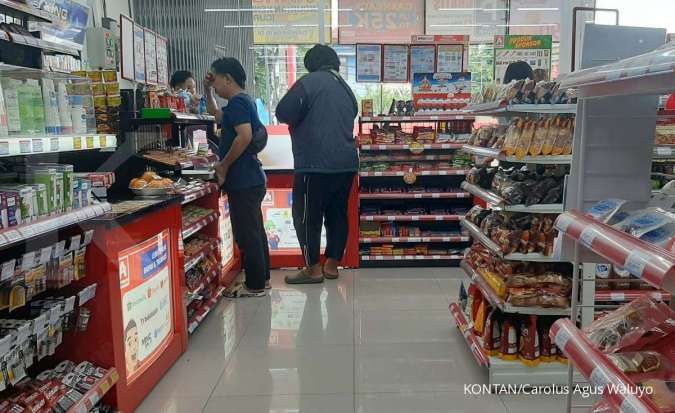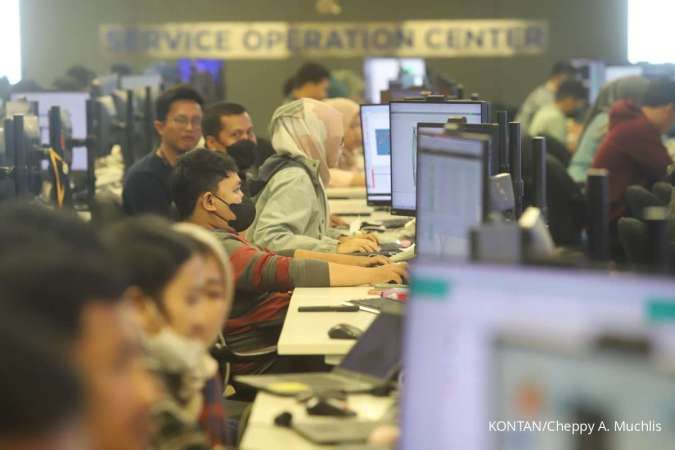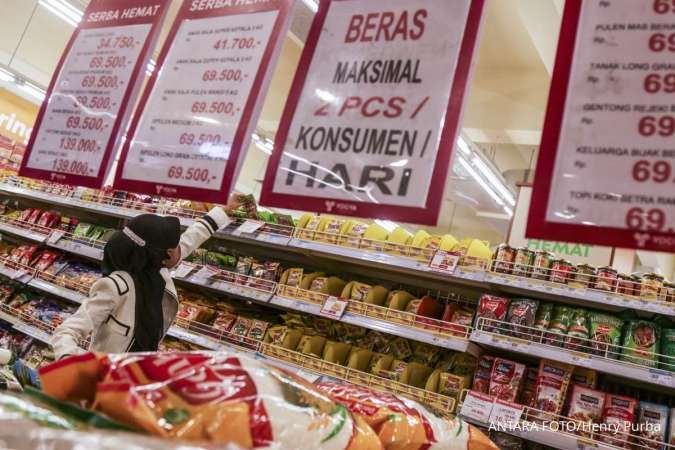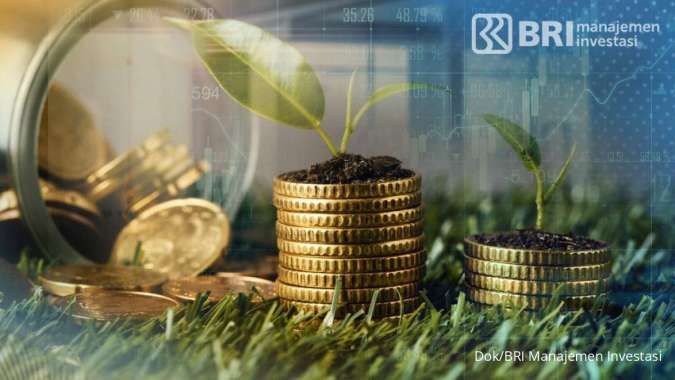PAYROLL LOAN - JAKARTA. The Indonesian banking industry is grappling with several challenges, one of which is the decline in purchasing power, particularly among the middle class. This decline could potentially impact the growth rate of consumer credit.
Andry Asmoro, Chief Economist at Bank Mandiri, highlighted that the purchasing power of the middle and lower classes could pose a significant challenge. He noted signs of a decrease in purchasing power, which could affect consumer credit.
Asmoro observed that the weakening purchasing power is evident in the lower and middle classes, whose consumption has been eroded by volatile food inflation, which has reached 9.63% year-on-year (YoY) as of April 2024, far above the general inflation rate of 3%.
Read Also: The Performance of Vale Indonesia (INCO) Predicted to Slow Down in 2024
This trend is also reflected in the Mandiri Spending Index data for May 2024, which shows a drop in the middle class's spending index to 122, with the savings index also falling to 94.2, down from around 100 in May 2023.
Asmoro suggested that banks need to devise specific strategies to address this challenge to prevent further negative impacts on the banking industry.
"The main strategy that banks need to implement is to identify sectors with good growth potential to facilitate risk mitigation," he said on May 14.
In line with this, data from the Financial Services Authority (OJK) for March also recorded the slowest growth in consumer credit among other segments, growing only 10.22% YoY. However, total credit was still able to grow by 12.4%.
Noviady Wahyudi, Consumer Director at CIMB Niaga, acknowledged that consumer credit currently faces its challenges, both in property and motor vehicle credit. Therefore, he believes that specific strategies need to be implemented.
Read Also: Indonesian Foreign Exchange Reserves Predicted to Rise Again in March 2024
For reference, CIMB Niaga's consumer credit for the first quarter of 2024 grew by 6.9% YoY to IDR 72.87 trillion. Compared to the first quarter of 2023, CIMB Niaga was still able to record a growth in consumer credit of 9.4% YoY.
Wahyudi, also known as Dede, revealed that property credit is currently the most pressured segment in consumer credit. There has been a shift in the needs of mortgage customers from investors to mostly first-time home buyers.
"These investors are having difficulty finding tenants, and these types of customers prefer to invest in more liquid wealth management products," he said.
Read Also: POJK Konglomerasi Keuangan Diperluas, Ini Kata Pengamat Hingga Fintech P2P Lending
Meanwhile, Bank Syariah Indonesia (BSI) also recorded a slowdown in growth in the consumption segment. In the first quarter of 2024, BSI's consumer financing grew by 14.89% to IDR 135 trillion, while in the first quarter of 2023, its growth reached 24% YoY.
However, Anton Sukarna, BSI's Director of Sales and Distribution, believes that consumer demand or purchasing power still has the potential to boost consumer financing growth. He noted that the main challenge in recent months has been the high number of holidays.
"Our main obstacle is just the processing time, as last month was almost half a holiday, so our capacity was reduced," said Anton.
Read Also: Indonesian Consumer Confidence Index Drops to 123.1 in February 2024
Despite this, he remains optimistic that consumer financing can still be increased according to this year's target. The largest Islamic bank in Indonesia will rely on its payroll customers.
"I see that every month, consumer financing still reaches the target we set," he added.
On the other hand, Hera F. Haryn, EVP of Corporate Communication and Social Responsibility at BCA, stated that BCA's consumer credit disbursement still has the potential to grow more positively. As of March 2024, BCA's consumer credit increased by 14.9% YoY to IDR 201.6 trillion.
Read Also: Oil Prices Rise After Positive US Economic Data
"We are optimistic that the demand for consumer credit in Indonesia will remain relatively conducive this year," said Hera.
Hera said that in addition to hosting the BCA Expoversary and BCA Expo, BCA continuously reviews and adjusts its consumer credit programs and offers, including pricing, according to market conditions.
"We continue to build collaborations and partnerships in the field of mortgage, motor vehicle credit, and other consumer credit disbursement," she concluded.
/2022/01/03/294392872.jpg)














